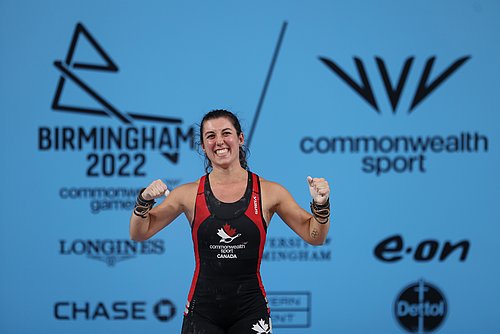
We are Family, UEFA, Women's Championship, Television
The Legacy of the Lionesses

On Sunday night 87,000 fans crowded into Wembley Stadium and eagerly watched the Women’s Euro 2022 Final match, the highest attendance ever for a men's or women’s Euro game. Throngs of people streamed the game on their phones just outside the stadium gates, while in homes and pubs across the nation 17.4 million viewers avidly tuned in—making the game the most popular live TV event so far this year.
Viewers perched on the edge of their seats as England’s Lionesses narrowly secured a 2:1 victory over Germany, exploding in celebration for the nation’s first victory in a major international tournament since 1966.
Arguably this isn’t just a victory; it’s a watershed moment for women’s football. The game has been gaining momentum over the last decade and it’s been 5 years since the team went fully professional. But a win at this scale has the potential to cement a cultural shift, inspiring a generation of girls to play football, and transforming the commercial aspects of the women’s game. To honour the team and encourage girl’s participation in football, Culture Secretary Nadine Dorries has announced that facilities will be named after 23 players in their respective hometowns or places that shaped their footballing careers. This comes as part of a broader initiative to provide equal access to football for girls in 90% of schools by 2024 and the £320 million PE and School Sports Premium School Sport and Activity Action Plan.
According to the Sports Minister Nigel Huddleston the financial impact of a win like this creates a snowball effect. Higher levels of viewership means more commercial opportunities for women in sport, which will result in greater visibility.
At present, women’s football is comparatively underfunded and many aspiring players still lack access to the sport. Boy’s and men’s teams are often given priority, so women’s teams are lumped into unsociable pitch hours or scheduled on remote pitches with little public transport access. The average salary in the Women’s Super League (WSL) is approximately £30,000, with star players like right-back Lucy Bronze earning an extra £200,000 in endorsement deals. Compare this with Manchester United’s star Christiano Ronaldo, who makes roughly double Bronze’s annual salary every week—excluding endorsements.
But after Sunday night, the sponsorship value of the Lionesses is thought to increase tenfold, narrowing the gap between men and women. James Herring, co-found of agency Taylor Herring, predicts that the team’s sponsorship value will now be in the hundreds of millions of pounds.
Brands that are already active in the game on a national or competition level, like Nike, Visa, and Barclays are going to strike-one off deals with players and other savvy brands are trying to get in quick. Some have already capitalised on the team’s victory through congratulatory campaigns, from Walker’s Crisps to Domino’s, to Royal Mail and Nike.
While sponsorship and broadcasting deals will affect the scale of the game, Louise McGing, a spokesperson for AFC Leyton, argues that it’s crucial for brands to support the game from the ground up: investing in the next generation of athletes at the grassroots level and looking at the long term picture and their legacy in the game, rather than an obsession with quick ROI.
From merchandise to sponsorship to grassroots team initiatives, there is no doubt the Lionesses’ victory will leave a powerful legacy for women’s football, we’re yet to see just how far it will reverberate. In the meantime, we’d like to thank them for (finally) bringing it home.


